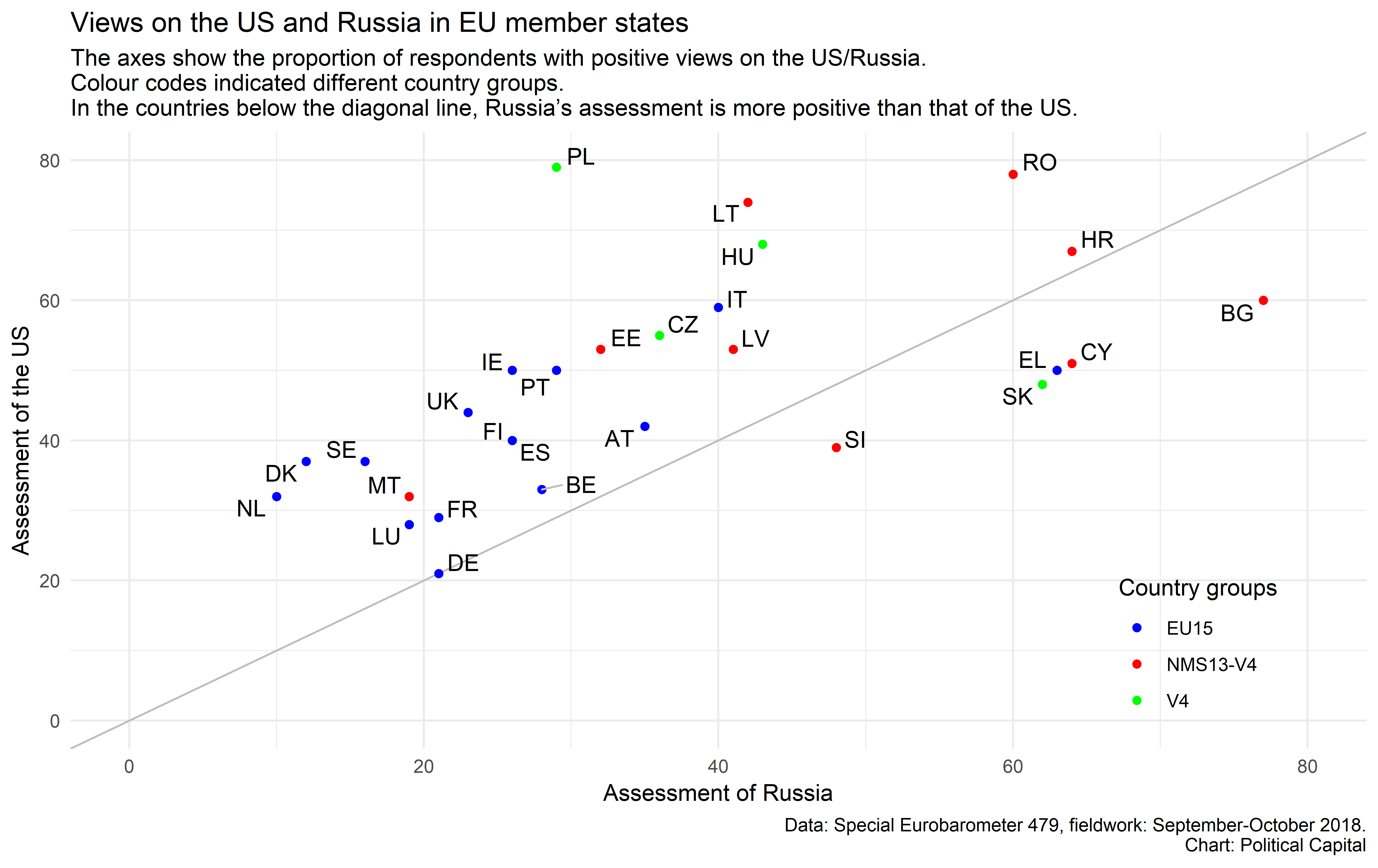Five points on Mike Pompeo's visit to Budapest
2019-02-12
- Hungary and the US reached an agreement on defence cooperation (DCA) and discussed the importance of energy diversification; which are two main issues threatening US-Hungarian bilateral ties. While the DCA’s ratification depends solely on the ruling party’s political will, Hungarian natural gas purchases from Romania can be hindered by either Hungarian or Romanian domestic politics. The failure of the Romanian gas pipeline (BRUA) and the Krk LNG terminal projects could once again deteriorate US-Hungarian ties.
- The lack of a real concept behind the Zrinyi 2026 military development programme can be explained by Hungarian foreign policy strategy: Budapest’s military investments (Germany, Sweden, US) mainly serve the purpose of silencing nations criticising Hungary and not that of implementing a comprehensive plan.
- Hungary is visibly unwilling to rethink its strategy towards Moscow and Beijing. While Pompeo said Russia will never be a supporter of small nation states’ sovereignty, Péter Szijjártó relativized the government’s maverick foreign policy by referring to Western Europe’s business contacts with Moscow. Budapest has not made any concessions yet on Ukraine either.
- High-ranking members of the US administration criticised Hungary for its anti-democratic tendencies for practically the first time under the Trump-administration, party due to pressure from Congress, which is likely to continue putting pressure on the president’s Hungary policy.
- Hungary’s population is one of the most pro-US ones in the EU. A Special Eurobarometer survey conducted in autumn 2018 showed that 68% of Hungarians have a positive opinion on the US. Although Russia’s assessment is less favourable, Hungary is in the upper third of member states’ ranking in this regard. Social attitudes are entirely different in the two other V4 nations visited by the American Secretary of State. Poland is the most pro-US EU member, which is paired with a strong criticism of Russia. In contrast, Slovaks are more positive about Russia than the US.

Copyright 2025. Political Capital Policy Research and Consulting Institute, all rights reserved.

